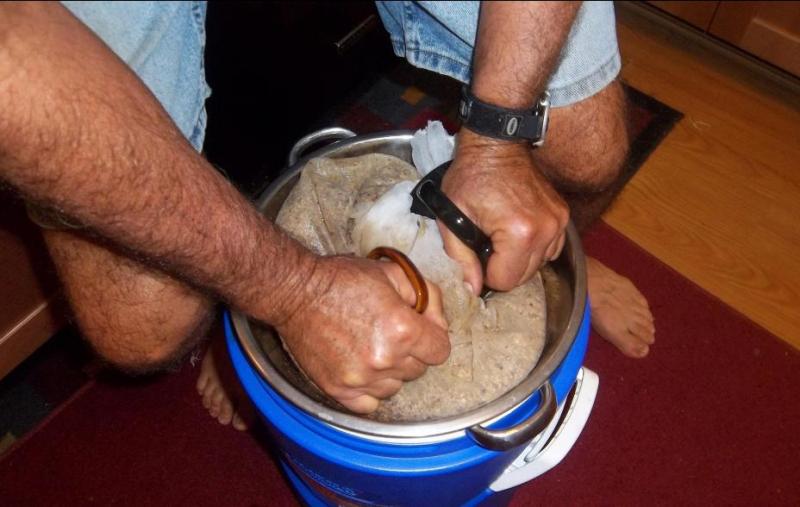Yep. BIAB is great. A few obstacles to overcome. Biggest ones are having sufficient volume and dealing with pulling and squeezing the bag. Most recently I have done the holes in a bucket routine but my drilled bucket sits nicely in another bucket with space for wort underneath. So, I just lift the bag into the bucket, squeeze by pressing. Set aside and dump the wort into the pot. If I have to little space in my pot for everything to mash, I leave out some of the water during the mash and then sparge right through the grain in the drilled bucket. Works great.
Now mash on temp is a whole other story.....
Now mash on temp is a whole other story.....



